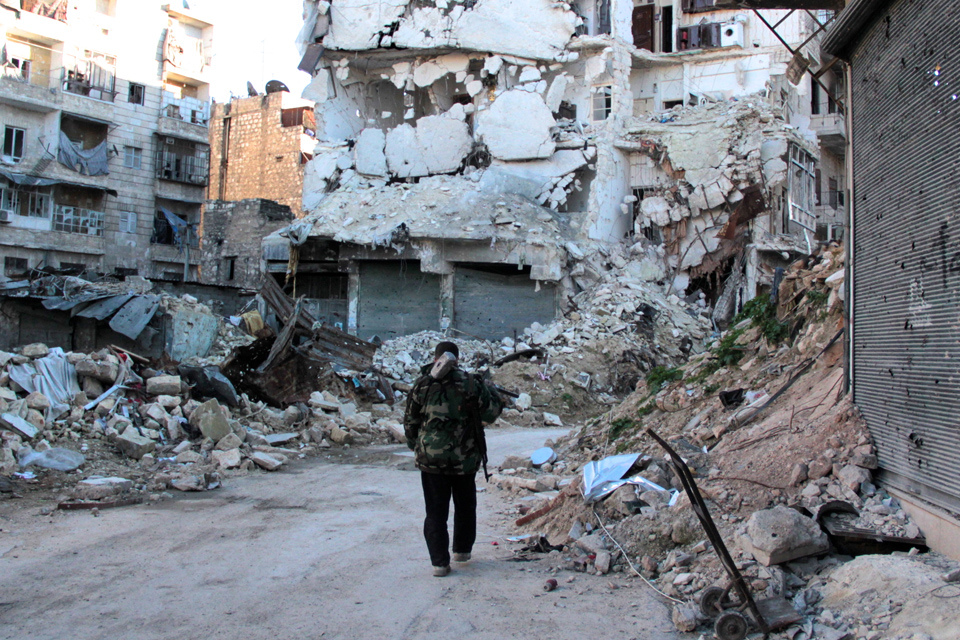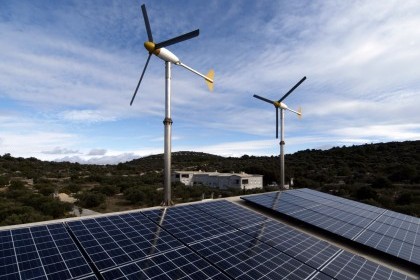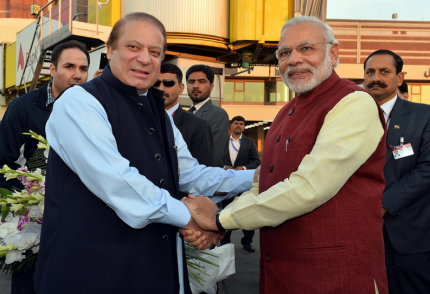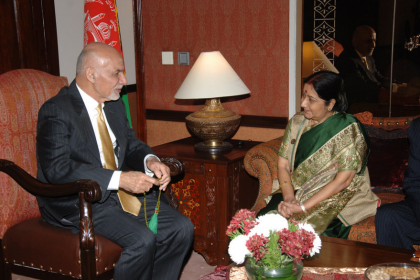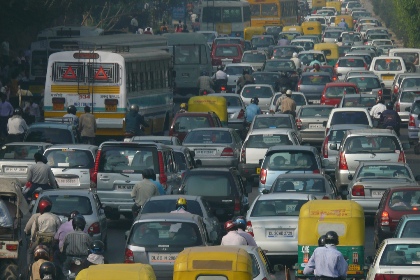Silver lining to India’s trade blues
India’s merchandise exports have now contracted for 13 months in a row, reflecting the global slowdown and impact of China’s economic recalibration. But, therein lay new opportunities and challenges for India’s economic diplomacy

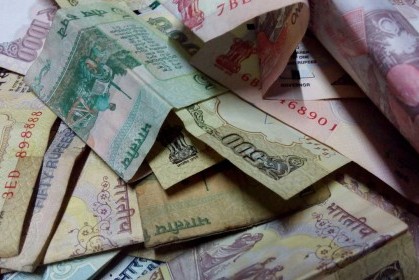

![DSC_0211[1]](https://www.gatewayhouse.in/wp-content/uploads/2016/01/DSC_02111-e1452754538418.jpg)

